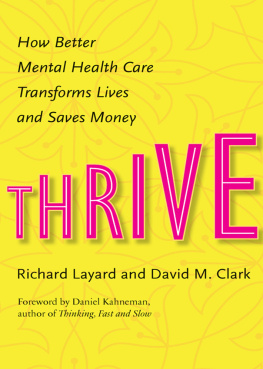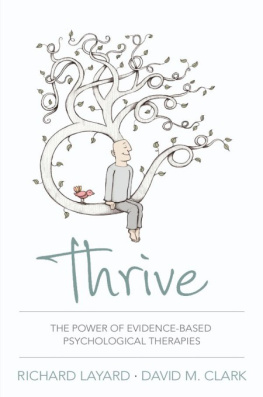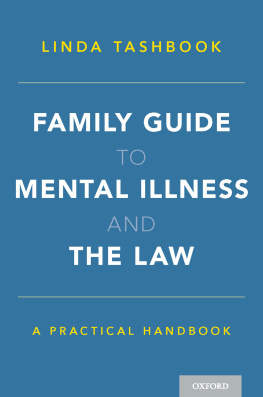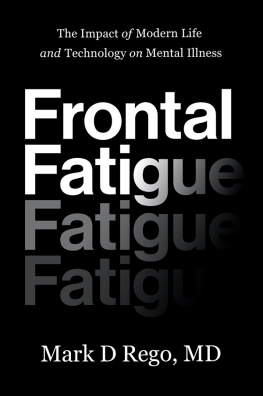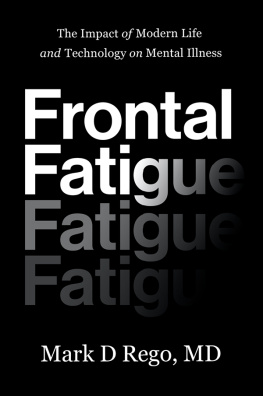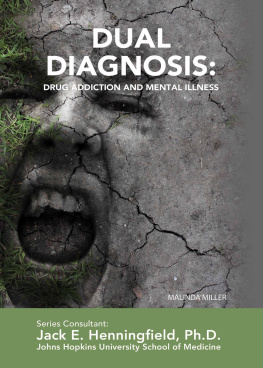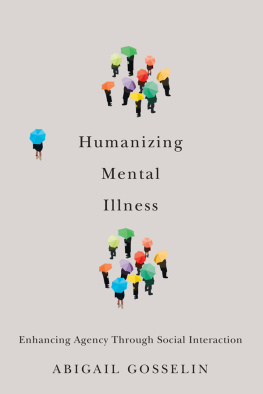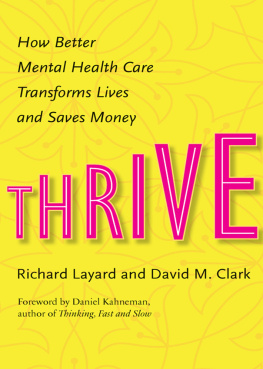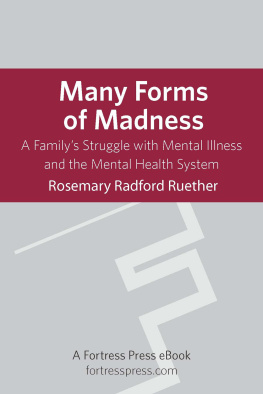
THRIVE
THRIVE
How Better Mental Health Care
Transforms Lives and Saves Money
Richard Layard
and David M. Clark
Princeton University Press Princeton & Oxford
Copyright 2014 by Richard Layard and David M. Clark
Original edition first published in the United Kingdom as
Thrive: The Power of Evidence-Based Psychological Therapies
by Penguin Books Ltd, London
Requests for permission to reproduce material from this work
should be sent to Permissions, Princeton University Press
Published in the United States by Princeton University Press,
41 William Street, Princeton, New Jersey 08540
press.princeton.edu
All Rights Reserved
ISBN 978-0-691-16963-7
Library of Congress Control Number: 2015936812
British Library Cataloging-in-Publication Data is available
This book has been composed in Sabon Next, Scala Sans, and Baucher
Printed on acid-free paper.
Printed in the United States of America
1 3 5 7 9 10 8 6 4 2
TO MOLLY AND ANKE

CONTENTS

FOREWORD

This book is an inspiring success story and a stirring call to further action. Its message is as compelling as it is important: the social costs of mental illness are terribly high, and the costs of effective treatments are surprisingly low.
Some time ago, my colleagues and I set out to measure how much suffering there is in our society. We conducted several studies in which a large number of people provided a description of their day; they broke their working hours into episodes, for each of which they specified the starting time and ending time. For each episode they indicated the main activity in which they had been engaged at that time, and they rated the extent to which they had experienced various emotions. We classified as suffering any episode in which at least one of the negative emotions (for example, depressed, worried, or angry) was rated as more intense than all the positive emotions in the list (for example, happy, enjoying myself). We then computed for each individual the total duration of bad episodes and the fraction of the day in which she had suffered. We collected responses from many hundreds of women in several countries (United States, France, and Denmark) and observed that the average time spent suffering was between 15% and 20% of the waking day. We also found that the distribution of suffering among individuals was grossly unequal. About half the respondents indicated no suffering at all. But the 10% who reported the most pain accounted for nearly half the total suffering that we recorded in our sample.
The conclusion was stark: A significant minority of the population is in almost constant psychological pain. A more positive conclusion was that if we wish to reduce suffering in our society, we should concentrate on alleviating the emotional (and physical) pain of the most afflicted individuals. The sufferers at any one time include people who have suffered a calamity of some kinda painful divorce, the death of a relative. There is not much that society can do about that. But the sufferers also include a substantial number of people who are chronically in a bad emotional state, without an obvious trigger for their grief. These are the mentally ill, and mental illness is treatable.
My colleagues and I, all American academics, noted the fact that these observations could be used to support a policy of intervening to mitigate the effects of the scourge of mental illness. But we did not know how to go about it, and we did nothing but talk. The authors of this book live in another society, they are made of different cloth, and they combined their exceptional skills and connection to tackle the problem head on. Richard Layard is an economist (as well as a Member of the House of Lords) and David Clark is a professor of psychology at Oxford University. They were well aware of the prevalence of psychological illness in the United Kingdom and of the enormous toll that psychological disorders inflict, on the afflicted individuals, on their families, and on society as a whole through lost productivity and higher welfare costs.
David Clark and Richard Layard also knew that something could be done about mental illness. Clark is an expert in the one form of psychological intervention whose distinctive benefits have been established by systematic objective research. This is cognitive behavior therapy, a relatively brief course of focused conversations between a patient and a professional, in which patients learn new ways of thinking about their problems and new approaches to controlling their emotions. Cognitive behavior therapy is not a panacea. It works much better in some problems than others: it is, for example, very effective at alleviating anxiety and eating disorders and in combating depression, but is less likely to bring relief for psychotic conditions. Where it is effective, however, cognitive behavior therapy can be helpful indeed. Complete or partial recovery from incapacitating symptoms can be achieved with many patientsmore than half in good clinicsin a few meetings conducted once or twice a week. The benefits to the individuals and their families are obvious. The benefit to society is also impressive: recovered patients return to work, contribute to the economy and pay taxes, and they cease to be a burden on other taxpayers.
Combining the power of their skills and positions, Richard Layard and David Clark caused a significant change in the health policies in the United Kingdom, securing substantial government support for the training of many thousands of professionals in the science and practice of a range of evidence-based psychological therapies. They also ensured expanded financial support of the National Health Service for the treatment of mental illness. Very importantly, the system they created involved careful monitoring of the outcomes of treatment. Interventions with patients are graded on a scale of success from complete recovery to total failure, and statistics are kept that enable the system to track the quality of care in different centers and the efficacy of treatments for different forms of mental illness. The statistics, in turn, inform future policies and practices. It is already clear that the increased availability of evidence-based psychological therapies in the United Kingdom is a major success, in which human suffering is reduced at no cost to taxpayersbecause direct expenditures are fully compensated by the accelerated return of patients to an active role in the economy.
The unprecedented success story that Richard Layard and David Clark document in this book has implications for any society in which mental illness is a serious problemand that means every society. The demonstrated effectiveness of modern psychological therapies is relevant to individual sufferers and their families in the United States, where these treatments are well known. The message of this book is also relevant to policy makers and government officials at all levels, city, state and federal: the availability of evidence-based psychological therapies should be increased and supported by public funds, on the expectation that the overall financial benefits of the program will be positive. The exact details of implementation will vary from place to place, but the principle is clear: something can be done to reduce human suffering, with large social benefits and no social costs. As was the case in the United Kingdom, the policy message of the book should attract support from everyone, regardless of politics. The potential for broad agreement on a public intervention of proven efficacy and cost-effectiveness is a welcome change in a polarized society. As this book illustrates, ideology is not the only way to define policies that people can be enthusiastic about. Carefully documented facts can sometimes tell an inspiring story that everyone should hear.
Next page
